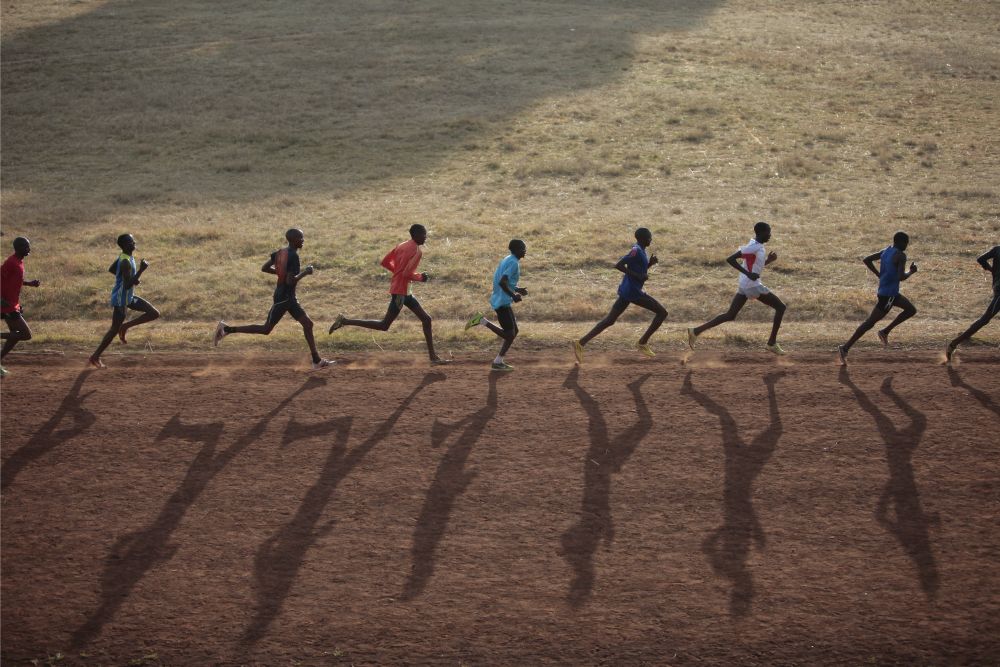Does cardiovascular fitness lower your risk for COVID symptoms?
Running won't give you immunity from COVID-19, but it's a good place to start

Susceptibility to COVID-19 has been associated with several factors, including advanced age (people over 60), obesity, diabetes, hypertension, cardiovascular disease and a history of smoking. While some of these factors are genetic, others are related to lifestyle. A literature review published in the Obesity Journal earlier this year highlights the probability that cardiovascular fitness could provide some protection against severe COVID-19 symptoms – which is very good news for runners.

RELATED: Trail running after 60: just keep running
The authors explain that people who aren’t physically fit or who are dealing with insulin resistance or diabetes will also typically have low-grade inflammation in their bodies. (Note: type 1 diabetes isn’t caused by lifestyle factors). This increases the levels of pro-inflammatory cytokines (secreted from immune cells) and predisposes people to greater risk for infection, which can be accompanied by worse symptoms and outcomes.
However, the authors suggest that those who place an emphasis on cardiovascular fitness and engage in moderate aerobic exercises can improve their immune responses to vaccination, lower low‐grade inflammation, and improve immunity. Regular bouts of exercise also improve lung function, which can also reduce the likelihood of respiratory illness like COVID-19.

RELATED: Dr. Theresa Tam: is she a runner?
While running daily is far from a guarantee of COVID-19 immunity, it’s a good place to start. When combined with the other factors that promote healthy living (like a good diet and sleep habits), runners can rest easy knowing that they’re doing their best to keep themselves safe and well. Also, as most new runners notice, once your start exercising more, your lifestyle habits will change as well (most notably, bedtimes become earlier due to fatigue from your workout).
RELATED: Why high mileage shouldn’t kill your speed
However, runners should remember that there is such thing as running too much. One of the key markers of overtraining is illness. If you’re finding that sickness seems to follow you, your training program could be partially to blame. Overtraining has a negative effect on the immune system, so if you’ve suddenly ramped up your mileage, be sure that your nutrition diligence and sleep hours have followed suit to support your heavy training load.
RELATED: 5 signs you’re overtraining


